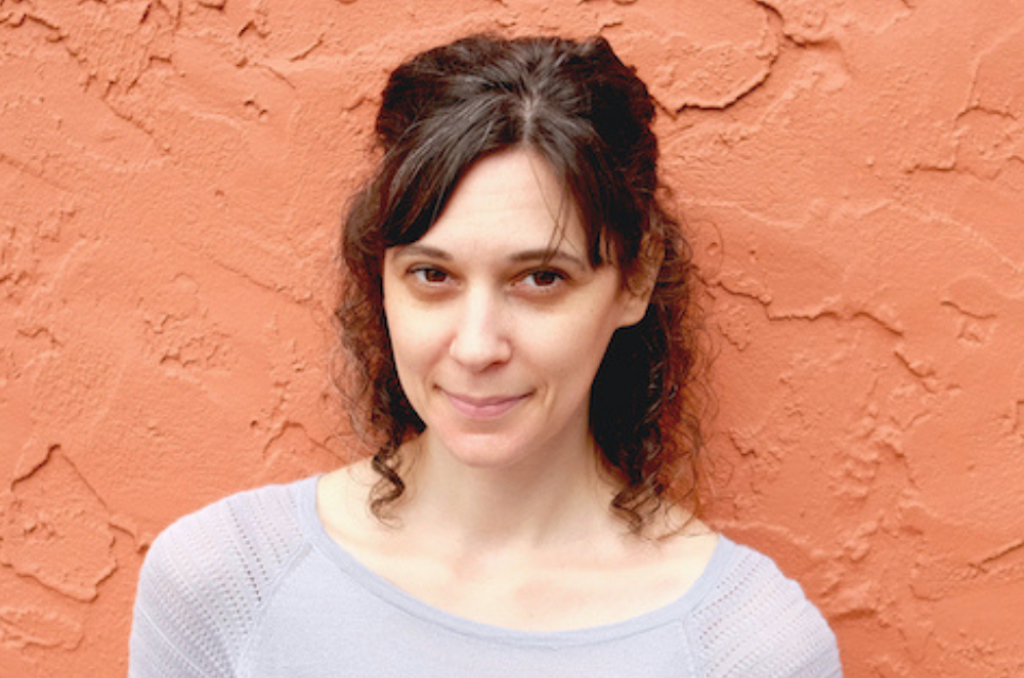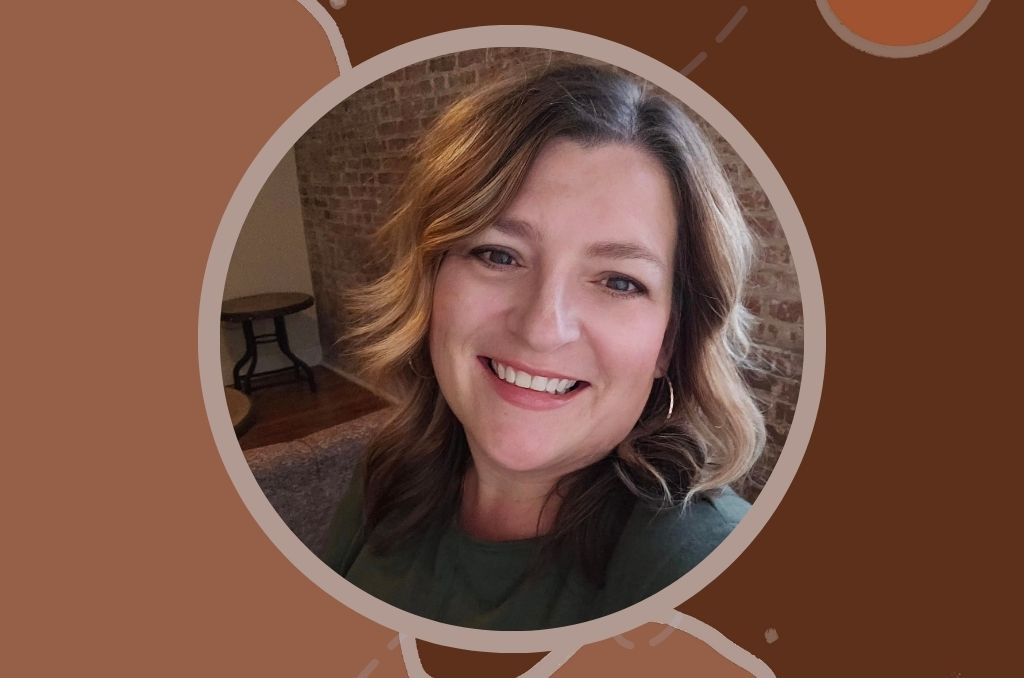Money doesn’t buy happiness.” Rightly said, but what if we told you that money can buy you a lifestyle worthy of royalty with the right investments?
That’s what we learned from our Interview with Miranda Marquit, a perceptive financial advisor.
She has been helping people like you find their way through the world of investing through her blogs, workshops, and seminars.
“Investing is a way to control your financial future,” says Miranda. “And if you invest wisely, it can also be one of the most reliable ways to meet your travel and luxurious lifestyle goals. “She shared some tips that are sure to boost your bottom line (and your bank account).
In this Interview, we’ll discuss how investing can help you get more out of your money without breaking your back.
Q1) Could you please give us a little background about yourself and let people know who you are and what you do?
I’m a financial freelance writer and money expert. My background is in communications and journalism, and I have an MBA. Even though I started as a science writer, I eventually made my way to personal finance, and now I write and podcast about money on the internet. I also educate people about money and investing through workshops and seminars.
Q2) What process should people follow, or what changes should people make in their investment mindset to improve their lifestyle?
I think one of the biggest things is to stop thinking about investing as something you need a lot of money for or something you have to wait to do until you have “enough” money. Just getting in the habit of transferring $10 a week into an investment account can help you start building up a portfolio and see the advantages of compounding returns. When I first started, I put $50 a month into a mutual fund. I noticed that dividend payments and returns were better than a savings account and began looking for ways to free up more money to invest. I believe Investing is a way to control your financial future, And if you invest wisely, it can also be one of the most reliable ways to meet your travel and luxurious lifestyle goals.
Q3) What is one goal you have that you are taking steps to achieve?
Right now, I’m actually looking at my business and how I run it and trying to figure out how to make an adjustment. My son recently moved out, and I am in the process of re-evaluating what I want things to look like for me. We are constantly re-adjusting, and I’m in a transitional phase. So rather than working toward something specific, I’m in a reflection period to decide what my next phase should look like.
Q4) Can you describe three financial skills that you’d like to improve?
I need to start paying attention to what things cost again. With a comfortable income, sometimes I don’t pay attention to what I’m paying, and I should verify those amounts more often.
Along those same lines, I would like to get back to balancing my accounts. There are so many tools that can help you keep track of your accounts, and verifying that what the banks have matches your records is important.
We don’t often take the time to connect with our money and review what’s happening with our money. I used to have a monthly “date” with my finances. I’ve fallen out of that habit, and that’s a skill I’d like to resurrect. With these dates, I’m more likely to see subscriptions I should cancel, automatic payments for things I no longer use, and notice patterns of spending that don’t match my values, goals, and priorities.
Related Article – Best Free Budgeting Apps 2023 That Will Make Your Savings Wallet Huge
Q5) What skills do you feel are important for a finance professional to have?
I think the most important skill is the ability to communicate. Breaking down and explaining financial concepts is vital to helping educate clients, readers, and others about money. Finance professionals should also possess empathy and an ability to meet others where they are in their money journey.
Q6) How have you benefited from using investing as a tool to meet your travel and lifestyle goals?
I’ve managed my money better by having various accounts designed for different purposes. For example, I have invested a portion of my Health Savings Account (HSA). This allows me to grow my account faster for use now, as well as provide a pool of money in the future for medical emergencies and increasing health care costs.
My travel fund is in a taxable investment account that’s made up of about 70% stock funds and 30% bond funds. I built it up over time so that when I sell assets to fund a trip, the earnings are taxed at the long-term capital gains rate. The account grows at a faster rate than a savings account, and my monthly contributions to the account ensure that it continues to grow. I usually pay for travel with a rewards credit card to get the points or cash back and then pay it off by selling some of the assets in my account.
I’ve also used my taxable account to help take small breaks from work and support my daily living when I need to rest due to burnout or due to other factors. Finally, the investment account serves its purpose even when I need to sell something at a loss. I’ve sold losing assets out of my taxable account to pay for emergencies, such as a flooded basement. When I sell losing assets, those losses become tax-deductible. However, there’s still money in the account to continue growing later, and the capital is available to me.
Q7) Can you explain the relationship between Financial Goals and Budget?
Your budget or spending plan should be based on your financial goals and priorities. Determine your values and priorities, set financial goals based on what matters to you, and then create a budget that helps you make progress. Your budget is a road map to help you accomplish your goals.
Related Article – How to Create a Budget Plan in 2023?
Q8) What circumstances did you face with the implications of unaligned investment goals?
In general, when you realize that you need to take the time to consider your values and goals, your investment and spending habits don’t satisfy you. You’re never happy with your money, but you must figure out why. When you take the time to know what matters to you and use investments consciously to manage your goals, you’re far more likely to feel better about your situation.
Q9) What suggestions would you like to give our readers if they are beginners in the field of investment?
Start with a broad-based index fund focusing on the entire market or the S&P 500. It’s ok to start with a small amount. Consider setting up an automatic investment plan, so you don’t have to think about it. Once you get used to having that money built up, slowly increase your investment. You can also learn about other types of investments that might interest you. But to get started, a simple index fund is a good way to at least put your money to work for you while you learn the ropes.
Q10) Before wrapping up, are there any more insights or advice you would want to share for people who want to become financially stable and invest skilfully?
Really, I think the first step is getting clear about what matters to you, what you value, and how you want your life to look. Too often with see money as an end goal rather than the means to live the life you want. Start with what is most important and work backward to make a money plan that supports your desired lifestyle.
Conclusion
Investing is the key to financial freedom.
Just like any other skill, it takes time and practice to be able to invest successfully. But if you’re willing to put in the effort and take the risk, there are big rewards waiting for you.
Check out more information on Miranda Marquit here. You can reach out to her through mail: mirandamarquit@gmail.com
If you’re new to investing or need more clarification on where your money should go, Sign up for our newsletter. We’ll send you more advice on how to achieve financial independence and money-saving tips straight to your inbox.










